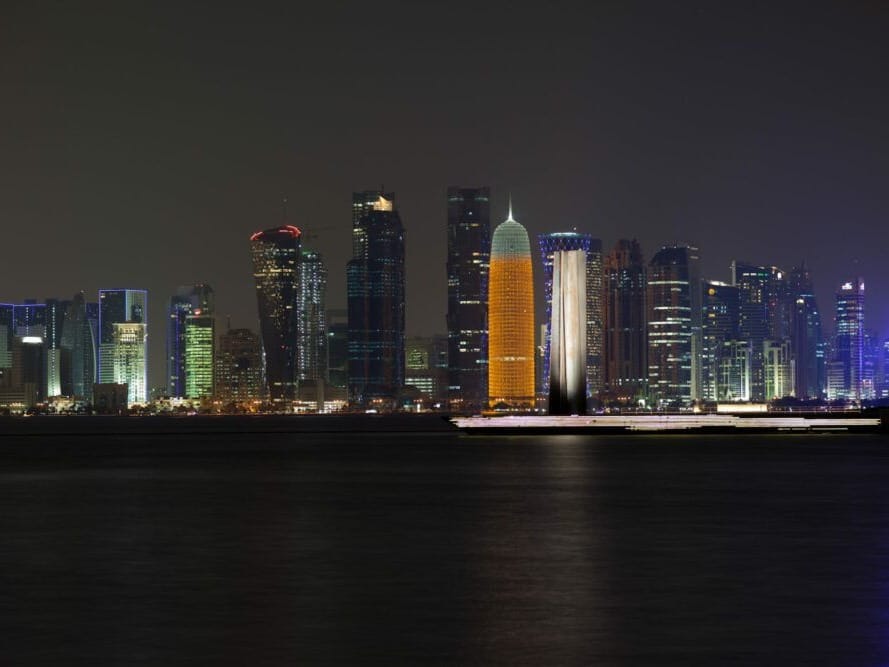OPEC is poised to lose the world's largest exporter of liquified natural gas starting in 2019.
Qatar's energy minister, Saad Sherida Al-Kaabi, announced his nation will pull out of the Organization of the Petroleum Exporting Countries, which it joined in 1961, and expand its liquefied natural gas production.









